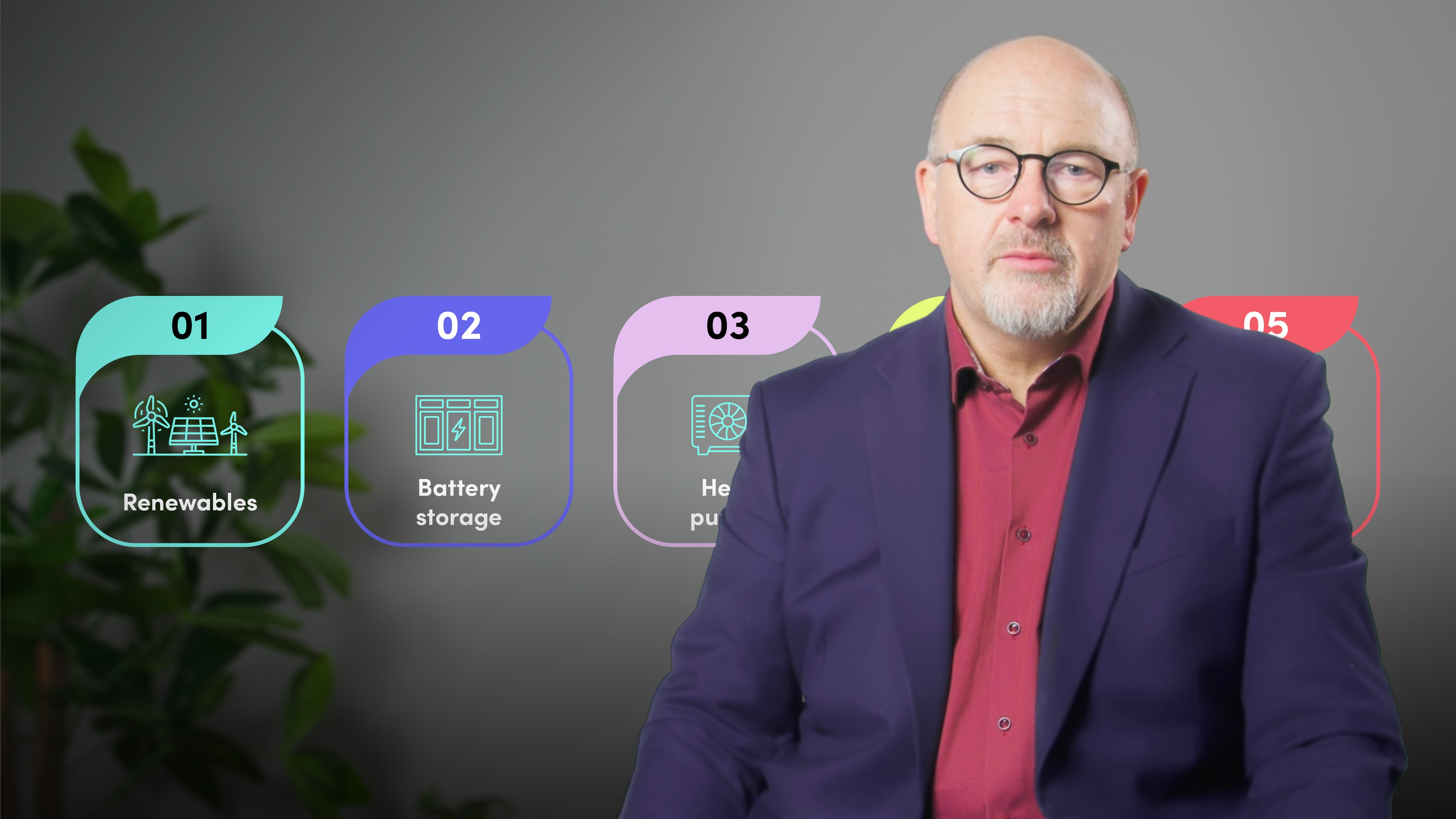
Why Clean Energy is Inevitable I

Richard Black
In this video, Richard breaks down the rapidly accelerating transition from fossil fuels to clean energy, revealing why this shift is driven more by economics than climate concerns. He explores the five breakthrough technologies powering the energy revolution solar and wind power, battery storage, electric vehicles, heat pumps, and green hydrogen and explains how they work together to reshape our world. He also introduces Wright’s Law, the powerful concept showing why clean energy keeps getting cheaper.
In this video, Richard breaks down the rapidly accelerating transition from fossil fuels to clean energy, revealing why this shift is driven more by economics than climate concerns. He explores the five breakthrough technologies powering the energy revolution solar and wind power, battery storage, electric vehicles, heat pumps, and green hydrogen and explains how they work together to reshape our world. He also introduces Wright’s Law, the powerful concept showing why clean energy keeps getting cheaper.
Subscribe to watch
Access this and all of the content on our platform by signing up for a 7-day free trial.

Why Clean Energy is Inevitable I
10 mins 11 secs
Key learning objectives:
Understand the major forces driving the transition to clean energy
Identify the five key technologies shaping the future of energy
Understand the concept of Wright’s Law and why it should lead to lower costs for renewable energy
Overview:
Subscribe to watch
Access this and all of the content on our platform by signing up for a 7-day free trial.
- Wind and solar power – These will generate most of our electricity
- Battery storage – Stores excess energy for later use, balancing supply and demand
- Electric vehicles – Far more efficient than petrol or diesel cars and rapidly becoming cheaper
- Heat pumps – A super-efficient alternative to gas heating and air conditioning
- Green hydrogen – Useful for industries that can’t be easily electrified, such as steelmaking
Subscribe to watch
Access this and all of the content on our platform by signing up for a 7-day free trial.

Richard Black
There are no available Videos from "Richard Black"





























